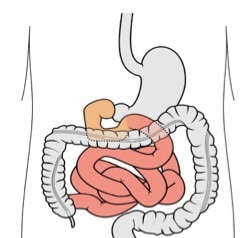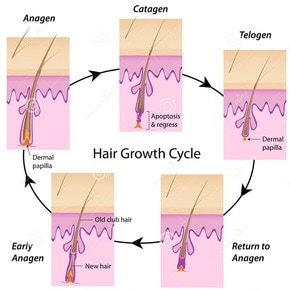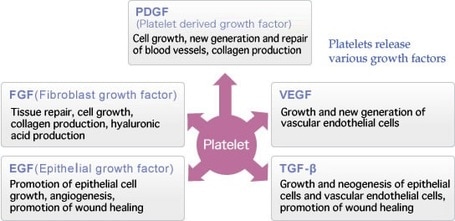
Leaky gut is associated with symptoms including:
- Skin problems (eczema, psoriasis, rosacea, acne, etc.)
- Chronic pain
- Autoimmune disease
- Puffiness, fatigue
- Brain fog
- Depression
- Anxiety disorders
- Poor memory
- Asthma
- Food allergies and sensitivities
- Seasonal allergies
- Fungal infections
- Migraines
- Arthritis
- PMS and other hormonal issues
Leaky gut, referred to as intestinal permeability in the research, means the lining of the small intestine has become inflamed, damaged, and overly porous. This allows undigested foods, bacteria, molds, and other pathogens to enter into the sterile environment of the bloodstream. The immune system attacks these compounds, triggering inflammation that, when constant, turns into chronic health disorders.
Leaky gut now on the research radar
Conventional medicine once believed leaky gut wasn’t a valid concept, but researchers now validate it as linked with many chronic disorders, including inflammatory bowel disorders, gluten sensitivity and celiac disease, Crohn’s disease, type 1 diabetes, depression, and more.
How to repair leaky gut
If you have a chronic health condition — even if it’s not digestive — addressing leaky gut is vital to improving your health. The bulk of this work is done through diet.
The most common cause of leaky gut is processed foods, excess sugars, lack of plant fibers, and foods that trigger an immune reaction (such as a gluten sensitivity). Excess alcohol, NSAID use, and antibiotics are other culptits.
A leaky gut diet, also known as an autoimmune diet, helps many people repair leaky gut. Stabilizing blood sugar is also key. If you have Hashimoto’s hypothyroidism you are not managing correctly, that will also cause leaky gut.
Also, if your liver is not detoxifying properly, this will contribute to problems with leaky gut. Nutrients that can help support liver detoxification include milk thistle, dandelion root, and schizandra.
In addition to diet, many nutrients can help support gut healing. Some of these include probiotics, enzymes, l-glutamine, deglycyrrhizinated licorice root, collagen, hydrochloric acid, and anti-fungal herbs.
Nutrients to help stabilize blood sugar, manage stress, tame inflammation, and support a healthy balance of gut bacteria. All these factors help repair leaky gut.
If you have an autoimmune condition, managing leaky gut can be a lifelong process as autoimmune flares can inflame the gut.
Ask me for advice about a leaky gut diet and protocol.



 RSS Feed
RSS Feed